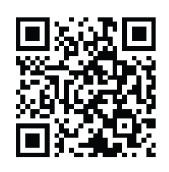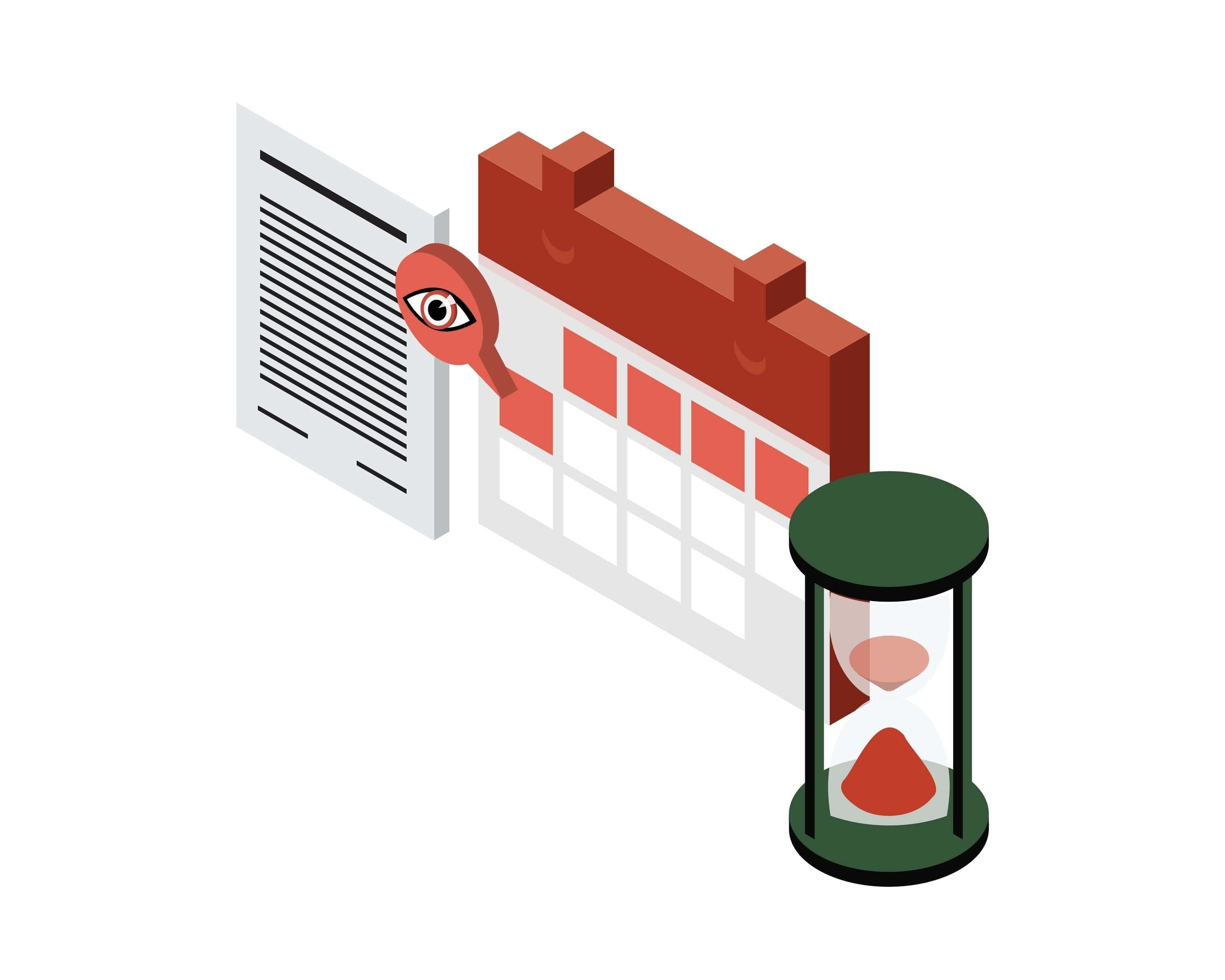Introduction
Section 80DD of the Income Tax Act, 1961 is aimed to provide relief to the family members of persons suffering from specified disabilities. As per section 80 DD, individuals and HUFs can claim the deduction for expenditure incurred on care and treatment of dependants, suffering from specified disabilities. The taxpayer can also claim a deduction for the amount of insurance premium paid for a specific policy taken for the differently abled dependant. To claim a deduction under section 80DD of the Income Tax Act, eligible taxpayers must submit a medical certificate issued by the prescribed medical practitioner certifying the type and severity of the disability. Read on further to know about section 80DD in detail.
Applicability of Section 80DD of the Income Tax Act, 1961
Section 80DD applies only to individuals who reside in India and Hindu Undivided Families (HUFs). Hence, the benefits of this section cannot be claimed by non-resident individuals, corporates, partnerships or other taxpayers. Individual taxpayers can claim deductions under section 80DD for the expenses incurred for medical treatment, care or recovery of a disabled dependant or for the insurance premium paid for the specified insurance policy. HUFs can claim this deduction for expenses incurred in the treatment of a disabled member or for insurance premiums paid for specific insurance schemes.
Eligible payments under section 80DD
Section 80DD allows a deduction to eligible taxpayers for the following:
a. Expenses incurred on medical treatment, rehabilitation, training, and care of disabled dependant suffering from a specified disability with 40% or more severity level.
b.Insurance premium paid for insurance policy taken for the maintenance of the differently abled dependant.
Who is a Disabled Dependant under Section 80DD
As per section 80DD, disabled dependant means spouse, children, mother, father, brother or sister of the individual taxpayer. In the case of HUF, it means any HUF member suffering from a disability specified under section 80DD.
Disabilities specified under section 80DD
Section 80DD covers disabilities mentioned in the Person with Disabilities Act ( Equal Opportunities, Protection of Rights and Full Participation) Act, 1995 that include blindness, low vision, hearing impairment, locomotor disability, mental illness, autism, cerebral palsy, leprosy-cured, mental retardation, multiple disabilities.
The deduction under section 80DD can only be claimed if the level of the dependant's disability is at least 40%.
Amount of Deduction under Section 80DD
| Level of disability | Deduction |
|---|
| 40% or above | Maximum deduction allowable to the taxpayer incurring expenses on treatment and care of the disabled dependant = ₹75,000 or actual (whichever is less) |
| 80% or above (Severe disability) | Maximum deduction allowable to the taxpayer incurring expenses on treatment and care of the disabled dependant = ₹1,25,000 or actual (whichever is less) |
Formalities and Documents Needed to Claim Deduction under Section 80DD
To claim a deduction under this section, the taxpayer must have a valid certificate issued by a prescribed authority. Rule 11A of the Income Tax Act mentions the valid medical authority. A certificate issued by the medical authority mentioned in this rule is considered to be valid proof of the dependant's disability. As per Rule 11A, the certificate of disability, severe disability, cerebral palsy, autism, mental retardation, or multiple disabilities, can be given by any of the following authorities:
- Neurologist (Doctorate of Medicine) in Neurology or;
(In case the disabled dependant is a child then the disability shall be certified by a Paediatric Neurologist having an equivalent degree recognised by the Medical Council of India) - A Civil Surgeon or Chief Medical Officer (CMO) in a government hospital.
Form 10-IA for section 80DD
The certificate of disability shall be issued in Form 10-IA. As per Rule 11A, Form 10-IA shall contain the following information duly certified by the medical authorities as mentioned above:
- Name of the disabled dependant (patient).
- Name of disability ( autism/cerebral palsy/multiple disabilities).
- State of condition, whether it is progressive or non-progressive.
- Whether reassessment of the patient's condition after a certain period is required or not.
A copy of Form 10-IA shall be submitted by the taxpayer with the income tax return to claim a deduction under section 80DD of the Act. Section 80DD does not require other supporting documents except a valid certificate issued as per Rule 11A.
Difference between Section 80DD and Section 80DDB
Although both these sections provide benefits to the taxpayers who incur medical expenses on the treatment of their dependants, there is a difference between these. The difference between sections 80DD and 80DDB can be summarised as under:
| Points of difference | Section 80DD | Section 80DDB |
|---|
| Base of deduction | This section allows an individual or HUF to claim a deduction for expenses incurred for a disabled dependant. | This section allows a deduction to an individual or HUF who has incurred expenses on self or dependant suffering from specified diseases. |
| Deduction for insurance premium | Section 80DD also allows a deduction for premiums paid by the taxpayer against a specified insurance scheme. | Section 80DDB does not allow a deduction for payment of insurance premiums. |
| Disease vs disability | Disability as per section 80DD includes autism, mental retardation, low vision, hearing impairment, locomotor disability, etc. | Section 80DDB covers major ailments such as AIDS, Malignant Cancer, Dementia, Haematological disorder, Chronic Renal Failure, etc. |
| Amount deduction | Dependant with at least 40% disability - ₹75,000
Severe disability (80% or above) - ₹1,25,000 | Age of dependant less than 60 years - ₹ 40,000
Above 60 years - ₹80,000 |
Section 80DD Vs Section 80U
There is also a difference between these two sections. Section 80DD allows an individual or HUF to claim a deduction for expenses incurred on treatment and care of a disabled dependant whereas, section 80U allows an individual to claim a deduction for self-disability. If the disabled person has claimed a deduction for himself or herself under section 80U, then the taxpayer who is taking care of or incurring expenses on such disabled person's treatment cannot claim a deduction under section 80DD for expenses incurred or premiums paid for such a disabled person. Therefore, one cannot claim deductions under both sections simultaneously.
Conclusion
The deduction under section 80DD of the Income Tax Act is exclusive from deductions allowed under other sections of the Income Tax Act. Section 80DD, 80D, 80DDB and 80U are some of the sections in the Act that provide benefits to the taxpayers for health-related expenses. If you are a taxpayer who fulfils the criteria specified in section 80DD, you can also reduce the specified expenses and reduce your tax liability. Valid certificates issued by the prescribed authorities are an essential document to claim these tax benefits while filing your income tax return.
Follow the Aditya Birla Health Insurance ABHI website and learn more about income tax-related matters, health insurance plans and more. You can also explore the following health insurance plans:
- https://www.adityabirlacapital.com/healthinsurance/activ-assure-diamond
- https://www.adityabirlacapital.com/healthinsurance/super-health-topup
- https://www.adityabirlacapital.com/healthinsurance/active-health-enhanced-insurance
- https://www.adityabirlacapital.com/healthinsurance/activ-fit






 1800-270-7000
1800-270-7000











